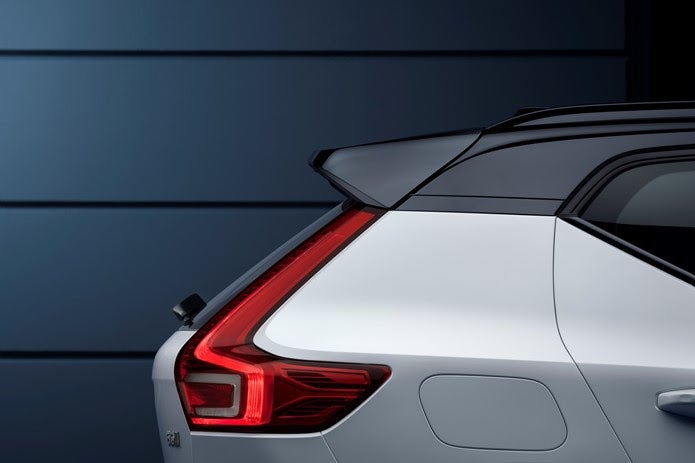
Geely’s Volvo Cars unit today reported record revenue and profit for full year 2021 despite “persistent component supply shortages”.
Revenue rose to SEK282bn from SEK 262.8bn in 2020. Operating income was up to SEK20.3bn from SEK8.5 bn in Covid-19-affected 2020. Operating margin was 7.2% though the automaker did not provide a comparison.
“”Despite persistent component supply shortages in the auto industry, we increased market share globally and delivered all time high revenue and profitability,” said CEO Hakan Samuelsson.
However, preliminary data for the fourth quarter of last year showed revenue dipped 6% to SEK80.1bn.
“Demand and order intake remained strong, but production was restrained,” Volvo said in a statement.
“The negative effect of volumes was offset by strong price realisation and a shift towards high margin models.
“On the other hand, the share of income in joint ventures and associates reduced operating income, primarily driven by strategic affiliates such as Polestar, where costs were incurred in their early development phase and a change in accounting treatment related to deferred tax assets.”
Q4 2021 operating income was SEK3.7bn in the quarter and operating margin 4.6%.
Excluding share of income from joint ventures and associates, EBIT margin was 7.1%.
Sales volume in the fourth quarter fell 20% though electrified models remained popular and those so called Recharge versions accounted for 34% of volume worldwide.
Plug-ins accounted for 28% and BEVs 6%.
“The share of fully electric cars as part of total sales will continue to grow as Volvo Cars increases the annual production capacity for fully electric cars to 150,000 cars after the summer and, for the full year 2022, the company expects that share to have more than doubled compared with the full year 2021,” the automaker said.
“Looking ahead, uncertainty is still high. While the component shortage has eased somewhat, the supply chain is expected to remain a restraining factor. At the same time, Volvo Cars continues to see strong customer demand, and expects that electric cars will grow faster than the overall market. This should allow the company to continue growing sales volume in 2022.”
